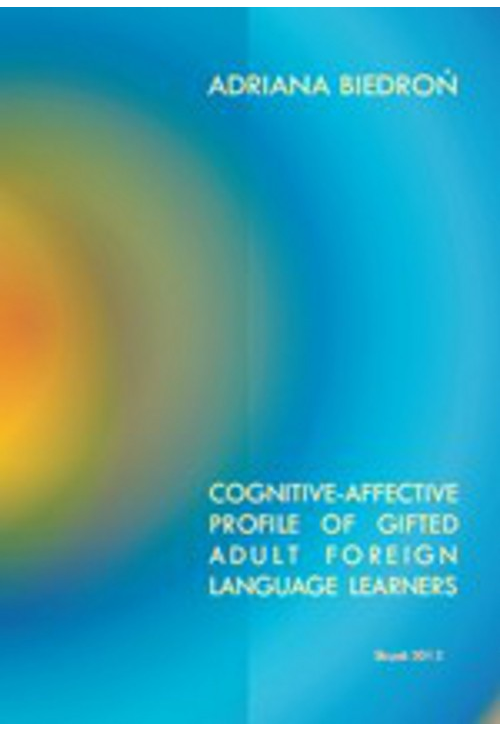
- -14%
ebook Cognitive-affective profile of gifted adult foreign language learners
Czy szukasz fascynującej lektury na temat zdolności językowych i ich wpływu na naukę języków obcych? Cognitive-affective profile of gifted adult foreign language learners to ebook, który spełni Twoje oczekiwania. Autorka, Adriana Biedroń, zabiera Cię w podróż przez świat specjalnych zdolności językowych i ich roli w procesie uczenia się języków obcych.
Publikacja ta, wydana przez Uniwersytet Pomorski w Słupsku w 2012 roku, stanowi kompleksowe spojrzenie na kwestie związane ze zdolnościami językowymi. Wydanie elektroniczne w formacie PDF umożliwia Ci wygodne czytanie ebooków w dowolnym miejscu i czasie.
Dowiedz się, dlaczego zdolności do nauki języków obcych są tak istotne i jak różnią się one od ogólnej inteligencji. Poznaj wyniki badania przeprowadzonego na grupie 44 ponadprzeciętnie uzdolnionych dorosłych uczniów języka obcego i zrozum, jakie czynniki poznawcze i osobowościowe wpływają na efektywność nauki języków.
Dzięki tej publikacji zdobędziesz cenne wiedzę, która może pomóc Ci w dalszym rozwoju językowym. Znajdź swój książki elektroniczne do pobrania w sklepie z ebookami i zanurz się w świecie fascynujących badań nad zdolnościami językowymi.
Nie zwlekaj, kup e-booka już dziś i stań się mistrzem swojego fachu! Czekają na Ciebie nie tylko najlepsze ebooki, ale także możliwość rozwijania swoich umiejętności czytania i pobierania ebooków w formacie PDF.
Odkryj świat ebooków z Cognitive-affective profile of gifted adult foreign language learners. Twoja przygoda z literaturą piękną i bestsellerami ebooki właśnie się rozpoczyna!
Spis treści ebooka Cognitive-affective profile of gifted adult foreign language learners
INTRODUCTION 9CHAPTER ONE: HUMAN COGNITIVE ABILITIES – BASIC CONCEPTUAL ISSUES 13
Introduction 13
1.1. Cognitive ability 14
1.2. Intelligence – a general cognitive ability 15
1.2.1. Hierarchical models of cognitive abilities 16
1.2.2. Carroll’s (1993) Cognitive Abilities Model 17
1.2.3. Multi-primary-factor models of cognitive abilities 19
1.3. Measurement of cognitive abilities 21
1.4. Biological basis of abilities 23
1.5. Environmental influences 26
Conclusion 28
CHAPTER TWO: FOREIGN LANGUAGE APTITUDE - A REVIEW OF EMPIRICAL
RESEARCH 29
Introduction 29
2.1. The history of foreign language aptitude research and testing 30
2.1.1. Carroll’s (1959) foreign language aptitude model 30
2.1.2. Pimsleur’s (1966) Language Aptitude Battery 34
2.1.3. Other classic tests 35
2.2. Research in the 1970s and 1980s 37
2.3. Controversies surrounding the concept 38
2.4. Contemporary models of foreign language aptitude 41
2.4.1. Skehan’s (1998) Processing Stage Model 41
2.4.2. Robinson’s (2007) Aptitude Complex Model 44
2.4.2.1. Aptitude Complex Hypothesis 46
2.4.2.2. Ability Differentiation Hypothesis 47
2.4.3. Sternberg’s (1998) model of foreign language aptitude as a dynamic concept 48
2.5. Contemporary tests of foreign language aptitude 50
2.5.1. Cognitive Ability for Novelty in Acquisition of Language 50
2.5.2. Llama Language Aptitude Test 52
2.5.3. High-Level Language Aptitude Battery 52
2.6. Native language abilities and the factor of age in foreign language aptitude 53
2.7. Research on foreign language aptitude in Poland 59
Conclusion 61
CHAPTER THREE: FOREIGN LANGUAGE APTITUDE – FOCUS ON SPECIAL
ABILITIES 63
Introduction 63
3.1. Analytic abilities 64
3.1.1. Analytic abilities and learning conditions 65
3.1.2. Analytic abilities and metalinguistic abilities 66
3.1.3. Analytic abilities and intelligence 67
3.2. Memory abilities 69
3.2.1. Working memory 72
3.2.2. Baddeley’s (2003) model of working memory 75
3.2.2.1. The central executive 76
3.2.2.2. The phonological loop 76
3.2.2.3. The visuospatial sketchpad 77
3.2.2.4. The episodic buffer 78
3.2.3. The role of working memory in foreign language learning 78
3.2.4. The neurobiological source of memory differentiation 85
3.3. Noticing as foreign language aptitude 87
3.3.1. Attention 87
3.3.2. Noticing ability 89
Conclusion 90
CHAPTER FOUR: FOREIGN LANGUAGE APTITUDE – BEYOND COGNITION 92
Introduction 92
4.1. Personality factors in foreign language aptitude theory 93
4.1.1. The Five Factor Model 95
4.1.2. Creativity 98
4.1.3. Motivation 99
4.1.4. Locus of control 101
4.1.5. Style of coping with stress 103
4.1.6. Emotional intelligence 104
4.1.7. Anxiety 105
4.2. Learning styles and strategies 105
4.3. Autonomy 110
4.4. Dynamic systems theory for individual differences 111
Conclusion 115
CHAPTER FIVE: GIFTED FOREIGN LANGUAGE LEARNERS 117
Introduction 117
5.1. Giftedness and talent 117
5.2. Identification of giftedness 119
5.2.1. Children 120
5.2.2. Adolescents 121
5.2.3. Adults 121
5.3. Research on gifted foreign language learners 123
5.3.1. Case studies 123
5.3.2. Group studies 133
5.3.3. Multiple-domain studies 137
5.4. Neurology of linguistic giftedness 140
5.4.1. Functional differences 142
5.4.2. Anatomical differences 144
Conclusion 146
CHAPTER SIX: EMPIRICAL RESEARCH ON GIFTED FOREIGN LANGUAGE LEARNERS 148
Introduction 148
6.1. Objectives 150
6.2. Hypotheses 150
6.3. Subjects 152
6.3.1. Gifted L2 learners 152
6.3.2. Non-gifted L2 learners 154
6.4. Procedure 154
6.5. Instruments 156
6.6. Results and interpretation 163
6.6.1. Foreign language aptitude 164
6.6.2. Intelligence and working memory 165
6.6.3. Gifted L2 learners’ intelligence and the norm 167
6.6.4. Gifted versus non-gifted L2 learners’ cognitive factors 172
6.6.5. Personality factors 173
6.6.6. Gifted versus non-gifted L2 learners’ personality factors 175
6.6.7. Learning styles 176
6.6.8. Gifted versus non-gifted L2 learners’ learning styles 177
6.6.9. Predictors of foreign language aptitude 179
6.6.10. The cognitive-affective profile of the gifted L2 learners 192
6.6.11. Gifted L2 learners – three case studies 196
6.7. Discussion 202
6.8. Limitations of the study 213
Conclusion 216
CONCLUSIONS AND IMPLICATIONS 217
REFERENCES 224
APPENDICES 256
STRESZCZENIE 263
Szczegóły ebooka Cognitive-affective profile of gifted adult foreign language learners
- Wydawca:
- Uniwersytet Pomorski w Słupsku
- Rok wydania:
- 2012
- Typ publikacji:
- Ebook
- Język:
- angielski
- Format:
- Liczba stron:
- 266
- Miejsce wydania:
- Słupsk
- ISBN dla wersji papierowej:
- 9788374671767
Recenzje ebooka Cognitive-affective profile of gifted adult foreign language learners
-
Reviews (0)

Na jakich urządzeniach mogę czytać ebooki?
- -14%




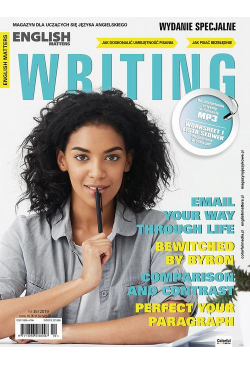
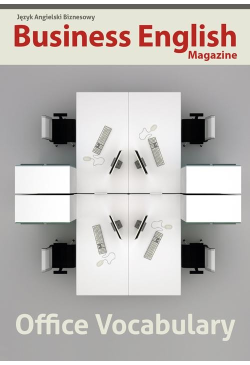

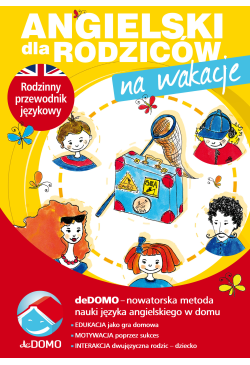

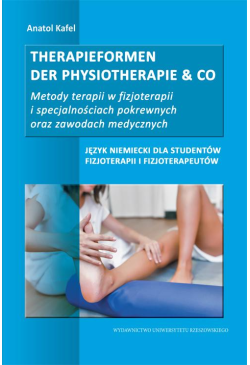
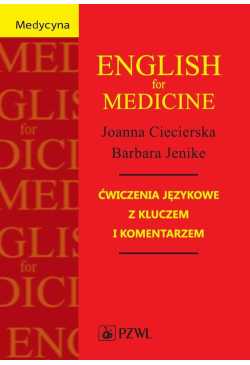

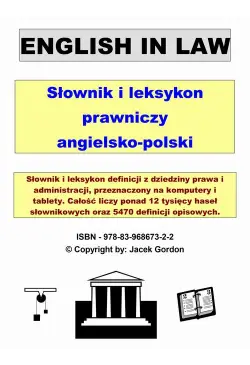


@CUSTOMER_NAME@
@COMMENT_TITLE@
@COMMENT_COMMENT@